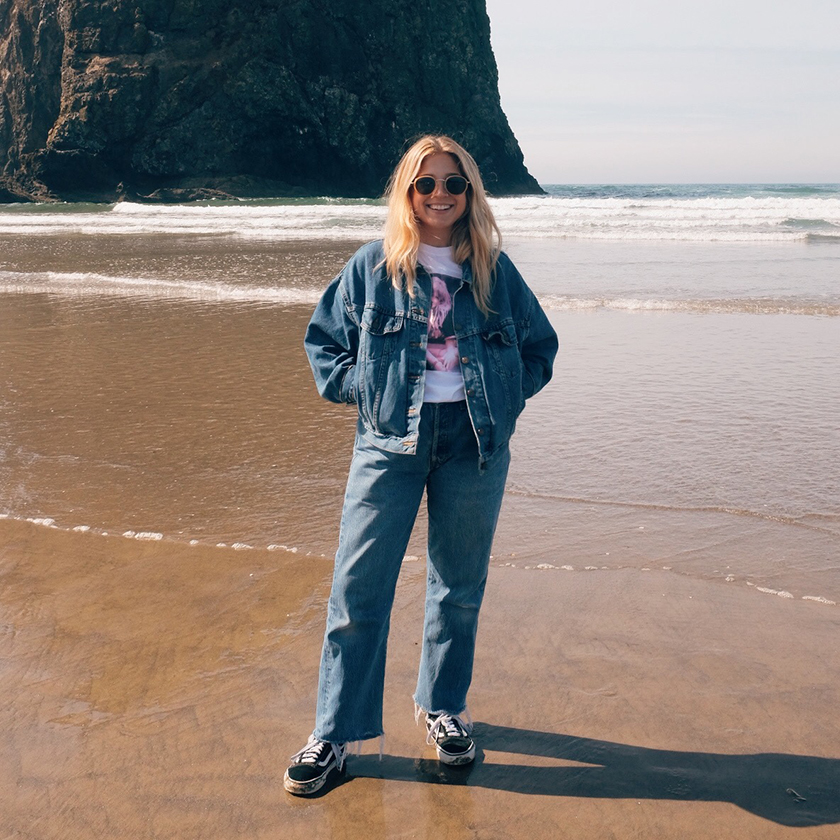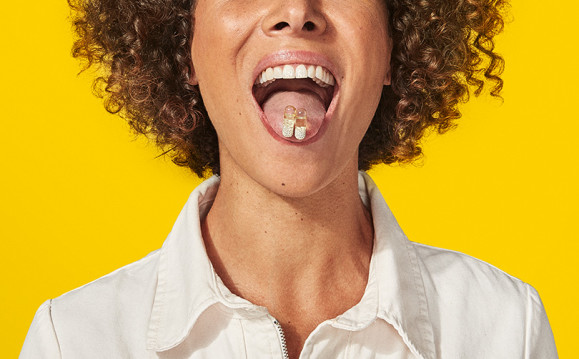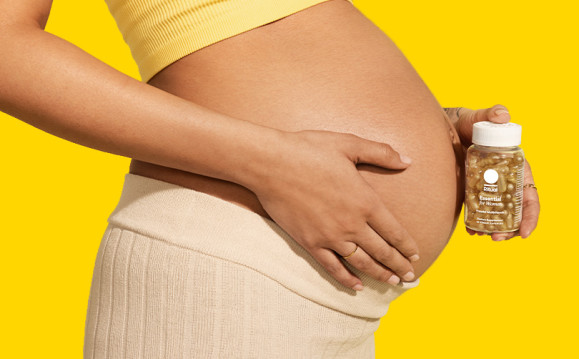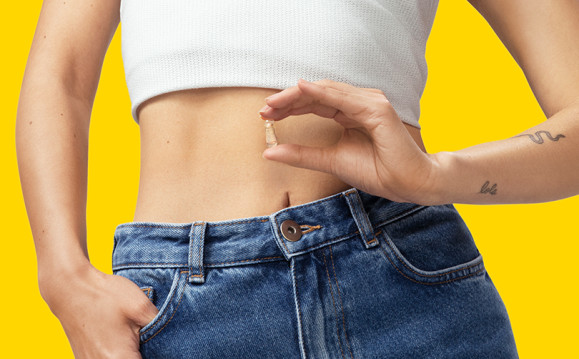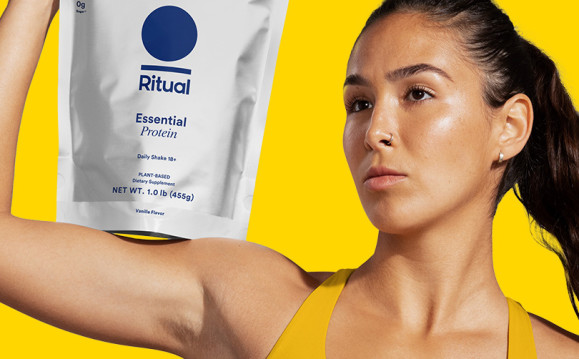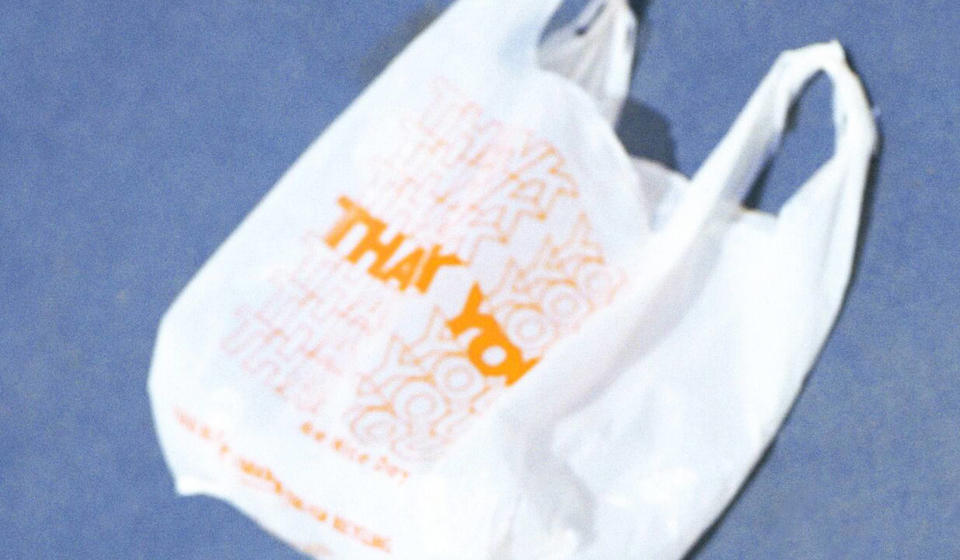Hi! My name is Kimmie. I design for an amazing skincare company called Youth To The People where I am submerged in a culture that believes wholeheartedly in putting sustainability at its forefront. Being in an environment that proactively cares about our planet has sparked my personal mission to be the change our mama earth needs. My personal curiosity around sustainability has evolved into empowering my community on how we all can do better for the earth we inhabit.
Recently I’ve been opening up some dialogue around the health of our planet with friends, family, and coworkers. I’ve realized that the more conversations I have, the more I hold myself accountable to practice what I’m preaching. I’ve also been able to use my Instagram as a platform to merge my love for design with educational sustainability tips. I am in no way an expert or perfect, but knowledge is power, and I’m stoked to be able to share a few things I’ve learned along the way.

My epiphany
When I was doing my annual “spring cleaning” a couple of years ago, I had this absolutely horrifying realization that all of the outdated cords, old makeup, and crap in my junk drawer weren’t simply just being thrown away, because there is no “away:” The four plastic garbage bags (filled to the brim) were literally going to be put directly into the ground, to sit there and essentially stay intact forever. Frightening. It then spiraled into an internal conversation with myself: Where is all of our trash going to go? What are landfills? Am I recycling properly? How does this affect our planet, our animals, our resources, our health?
For the past year and a half, I have personally been working on my own awareness of my overall waste consumption. It’s important to me because I am 29 years old and have a lot of years left to live. I have children to raise (one day), and they will have their children to raise. I care because we cohabitate with other beings. It’s not just our planet as humans, it’s the birds and the bees, the life in the oceans, the trees, the flowers, and every single living creature’s planet. They give me life, and I want to keep theirs going too. Without them, I (and you) simply cannot exist. It feels good to care because frankly, we all know our world needs it. Now I am trying to do something about it.


